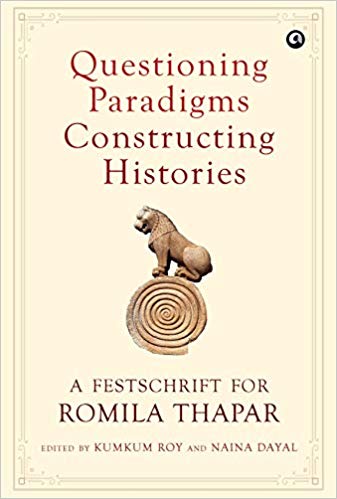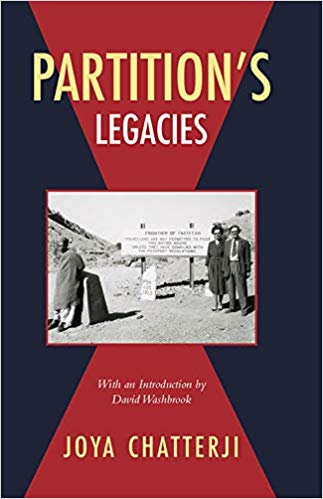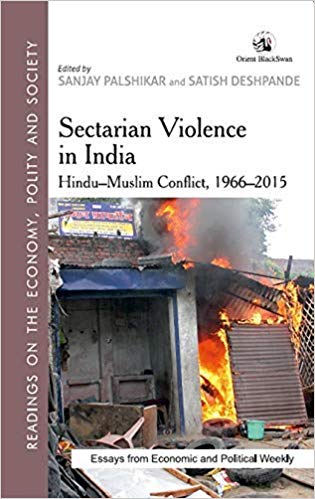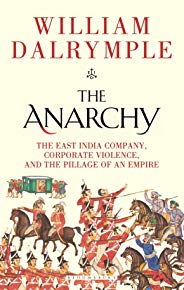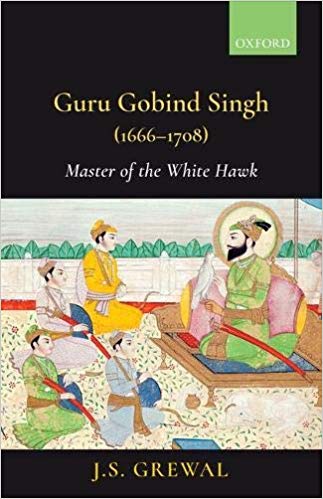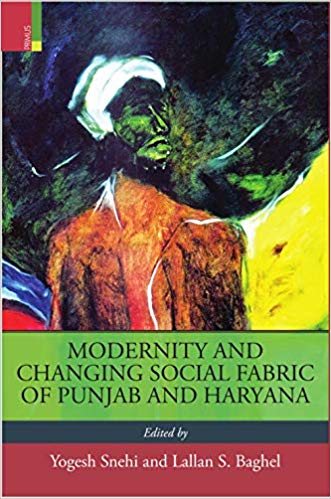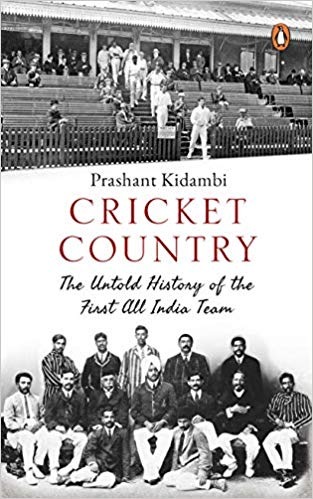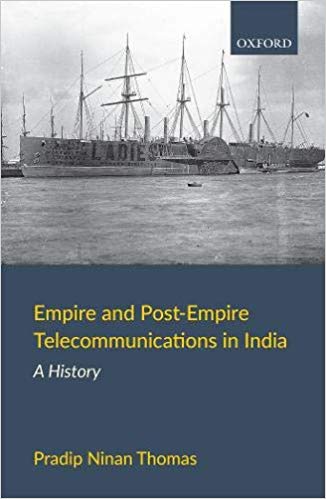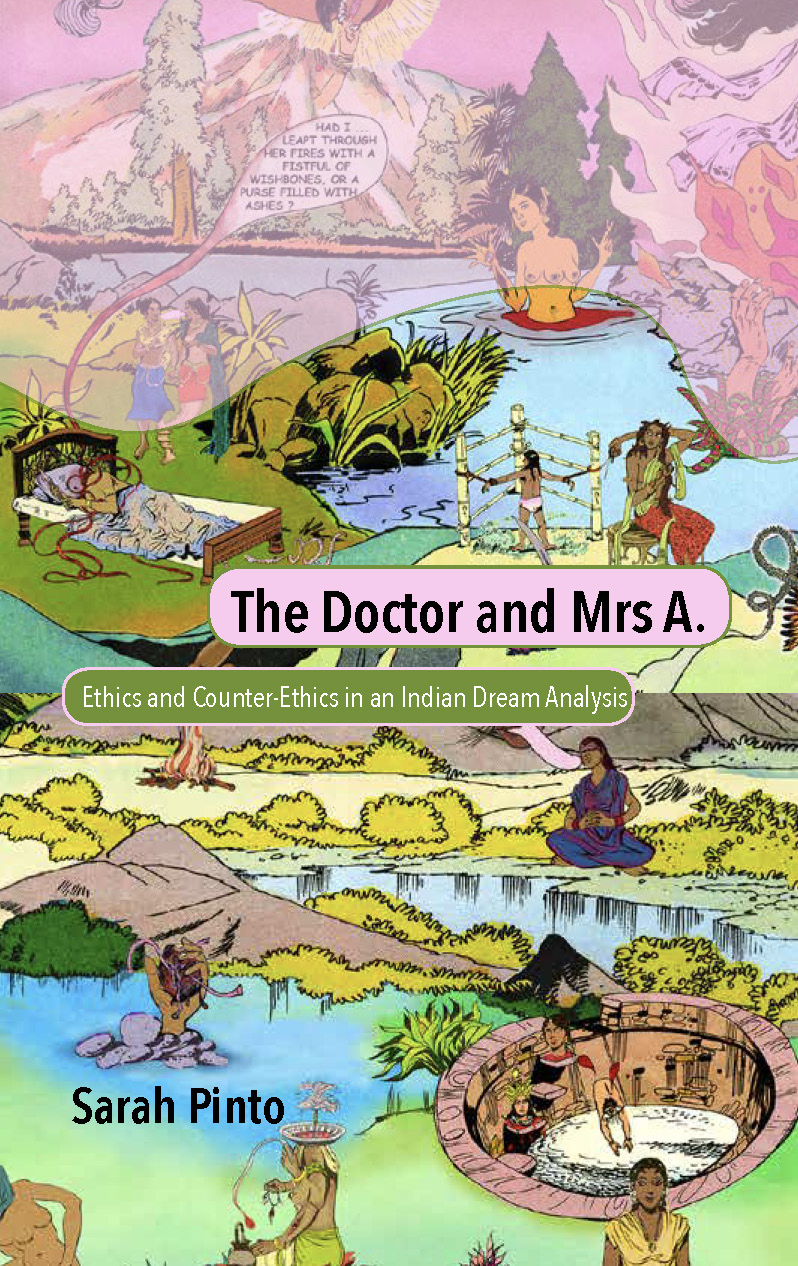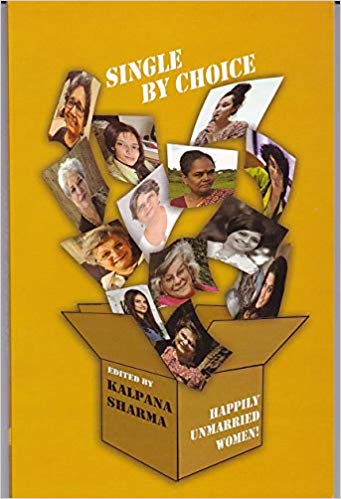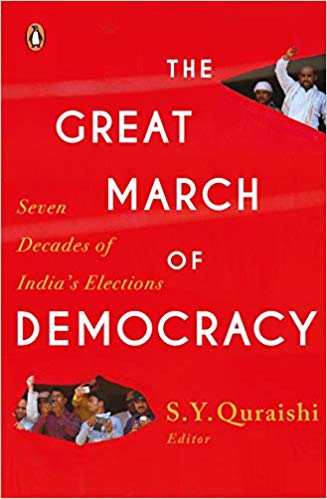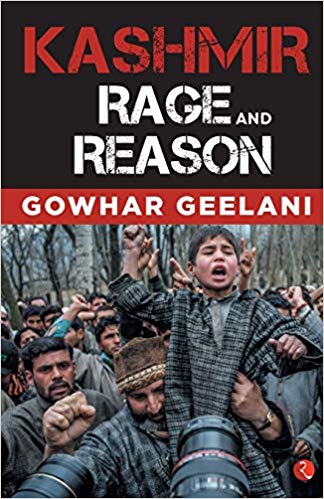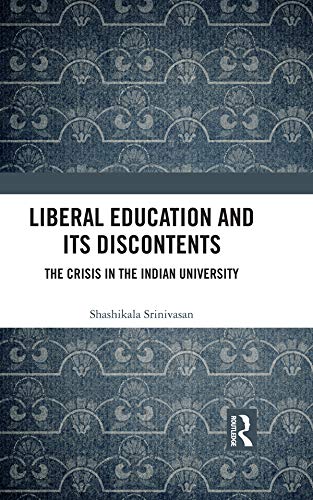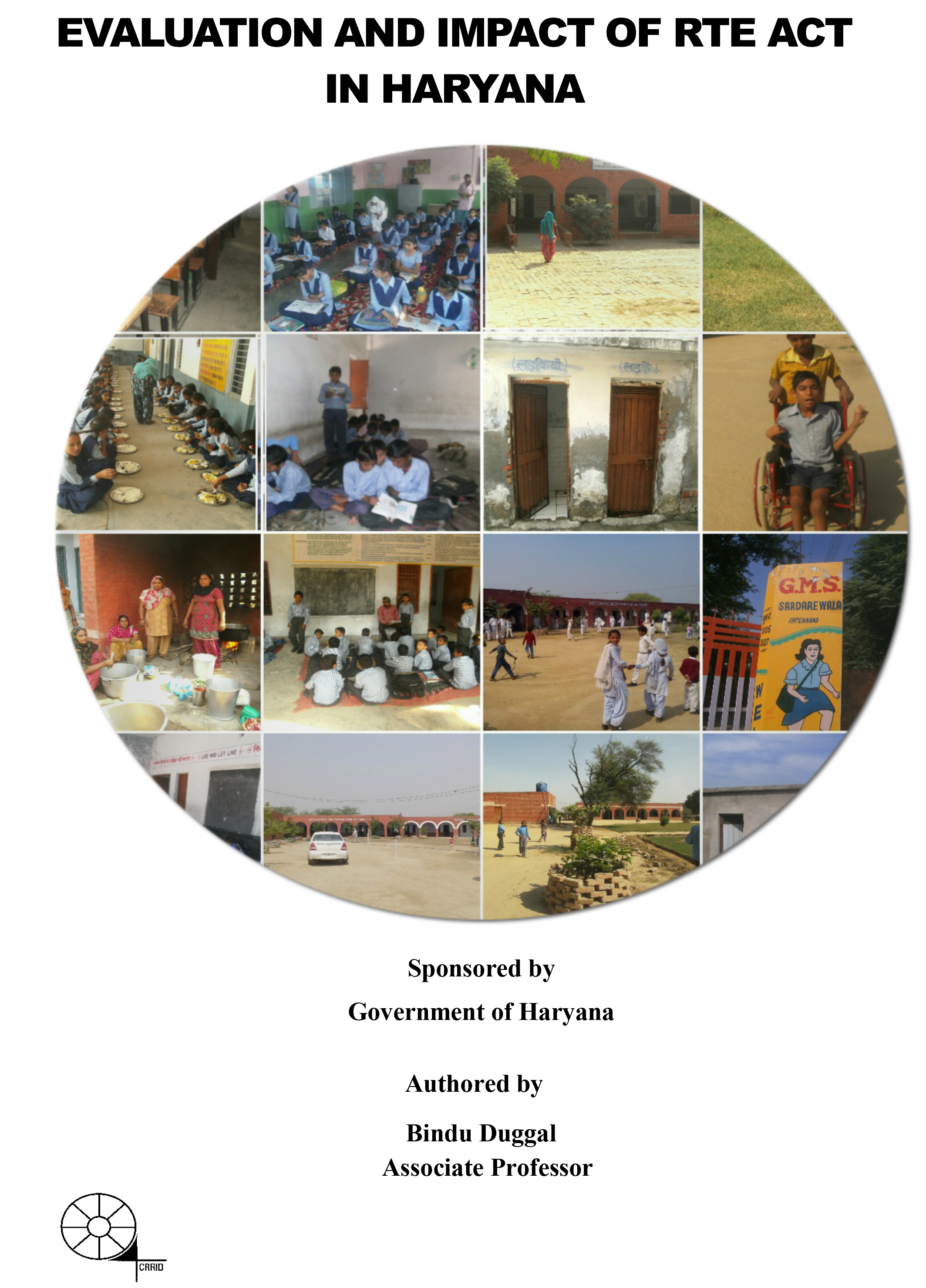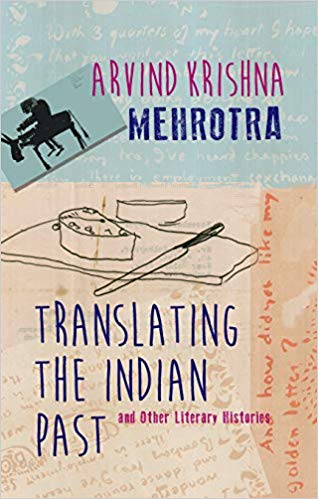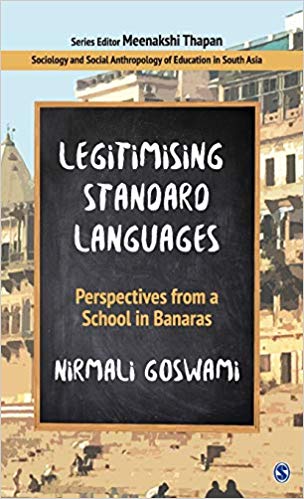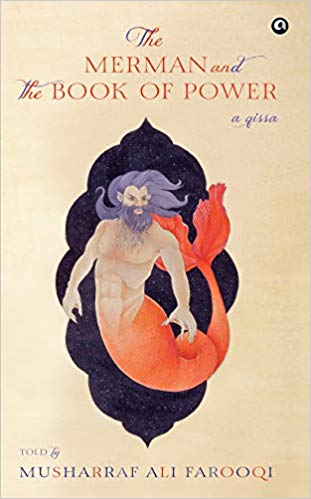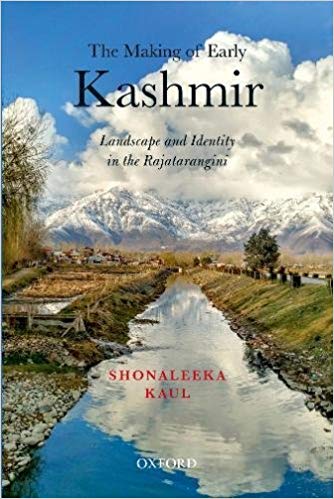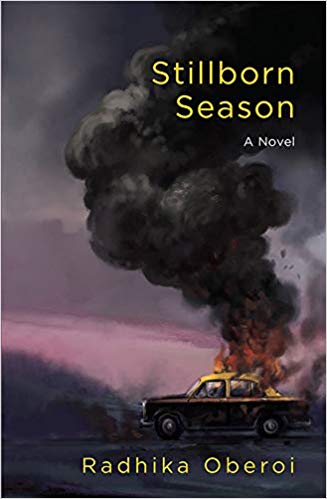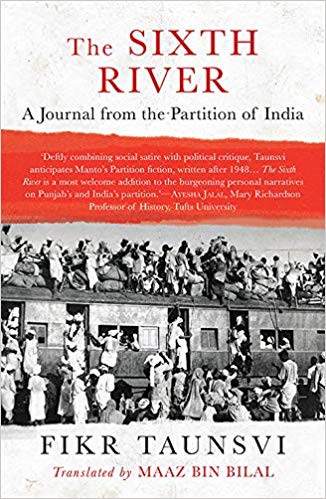Valiant efforts by many authors and discussants, by two skilled editors, and by committed publishers produced this remarkable volume in record time. Based on a conference conceived in 2017 and held in 2018, under the auspices of The Book Review Literary Trust
Archives
January 2020 . VOLUME 44, NUMBER 1This collection of articles by Joya Chatterji presents multiple dimensions of the consequences of India’s Partition and resultant violence and migration. Although Indian Partition has been a crowded topic, Chatterji has successfully made a notable mark in this field…
That Hindu-Muslim conflict, either in its simmering presence or in its periodic violent expressions, has been endemic to Indian public life cannot be denied. And, politically, the malady has been routinely attributed to the obnoxious ‘other’. There was once a group which used…
In September 1499 Vasco da Gama returned to Lisbon, having successfully travelled to Malabar via the Cape of Good Hope route. A century later, a group of London merchants launched the trading venture, which was to grow into a giant modern corporation, the East India Company (EIC)…
The latest contribution by Professor Grewal towards delineating the history of the Sikh faith is most informative. It has the added advantage of being easy to read and extensively referenced, thus allowing the curious reader to delve even deeper into the history of Sikhs…
Snehi and Baghel’s edited volume is a compilation of papers presented at a conference at AIIS in 2010, on the topic of modernity and the changing social fabric of Punjab and Haryana. The essays in this volume are wideranging, and provide a contemporary perspective as well as historical context to many of the present concerns of the region.
Prashant Kidambi’s Cricket Country: The Untold History of the First All India Team is ostensibly about the first Indian cricket team to have toured Britain. However, in reality, the book is much more than that. It is about how sport helped dissolve national, caste, class and community.
‘We are off’ was the cryptic concluding line of a telegram two young British Telegraph officers managed to send out from Delhi to Ambala on 11th May, 1857, informing British military authorities there that the mutiny had spread to Delhi. Thus the Revolt of 1857…
‘The hungry rarely write history, and historians are rarely hungry.’
I have known the author of this astonishing book, Professor Sheila Zurbrigg, for a long time. I first read her book Rakku’s Story: Structures of Ill-health and Source of Change in the late seventies…
Aside from the reflections of India’s first psychoanalyst, Calcutta-based Gindrasekhar Bose (1886-1953), made famous via his correspondence with Sigmund Freud, contemporary Indian psychoanalysts have been fairly unanimous in finding the clinical work.
To be single by choice is not seen as choice. A few women I knew were kept single by their fathers so that the salary they brought home could provide for the son’s education. Others were promoted to the status of sons providing for the siblings’ marriages.
In the summer of 2019, while following the election campaign of Kanhaiya Kumar in Begusarai, I stumbled upon a dilapidated nondescript piece of history, tucked away in the vast hinterlands of Bihar. A dilapidated structure, seemingly remains of what was once a polling booth.
Personalized accounts are a powerful source of knowledge about intricacies of conflict, and violence that follows. Rather than relying on grand theories or narratives, these accounts navigate a reader through the ‘lived and survived experiences’ of violence/conflict.
The past few years have been tumultuous for universities across the country. On the one hand, universities have seen student unrest accorded to a demand for greater freedom for speech and exchange of liberal ideas; on the other, there has been a restructuring.
Higher Education in India and China is a collection of scholarly contributions by leading researchers and academia from the University of Delhi and the University of Hong Kong and Macao. Each of the contributions provide a rich understanding about the development of education.
The book could not be timelier, given that so many people live in perpetual fear, insecurity and life-threatening circumstances in different parts of the world. The context of Jammu and Kashmir highlights a growing trend (as observed in other contemporary political-ethnic conflicts.
The book as the name suggests is based on a research study aimed at examining the implementation of the Right to Education (RTE) Act, 2009, in the State of Haryana. The study was funded by the Department of Planning, Government of Haryana as has been duly acknowledged.
Arvind Krishna Mehrotra is rightly respected as a poet. About his criticism, there can be more than one opinion. A reader could be ever so slightly wary of a critic who is known for his extreme likes and dislikes, one is referring only to his corpus of critical writing.
The book under review is second in the series on sociology and social anthropology of education in South Asia edited by Meenakshi Thapan. The series is dedicated to presenting research that brings out the lived context of classroom and school spaces.
For nearly a millennia, the qissa has been one of the most fecund genres in the written and oral literatures of Arabic, Persian, Urdu, Punjabi and beyond. It can be a short tale, such as the popular qissa of Chhabeeli Bhatiyarin, so acutely analysed by Kumkum Sangari…
Kashmir has often figured in our recent news reports, mainly for the well-known political developments preceded by violence there since last year. Media and academic studies of the region have also increased. But, their historical dimension largely remaining confined.
‘The spirit of blind revenge coalesced with the lure of brigandage and vast stretches of the country gave the impression of a community slaughter house set aside for human species.’
An excerpt from an article published in the Economic and Political Weekly, November 3, 1984 sums up the aftermath when the Prime Minister was shot dead on October 31, 1984.
Fikr Taunsvi or Ram Lal Bhatia was an Urdu language poet and satirist, from western Punjab, in present day Pakistan. Maaz Bin Bilal explains that Bhatia found his name ‘vahiyaaat’ or ‘fake’ and ‘absurd’ and adopted the pen name Fikr Taunsvi in the tradition.

